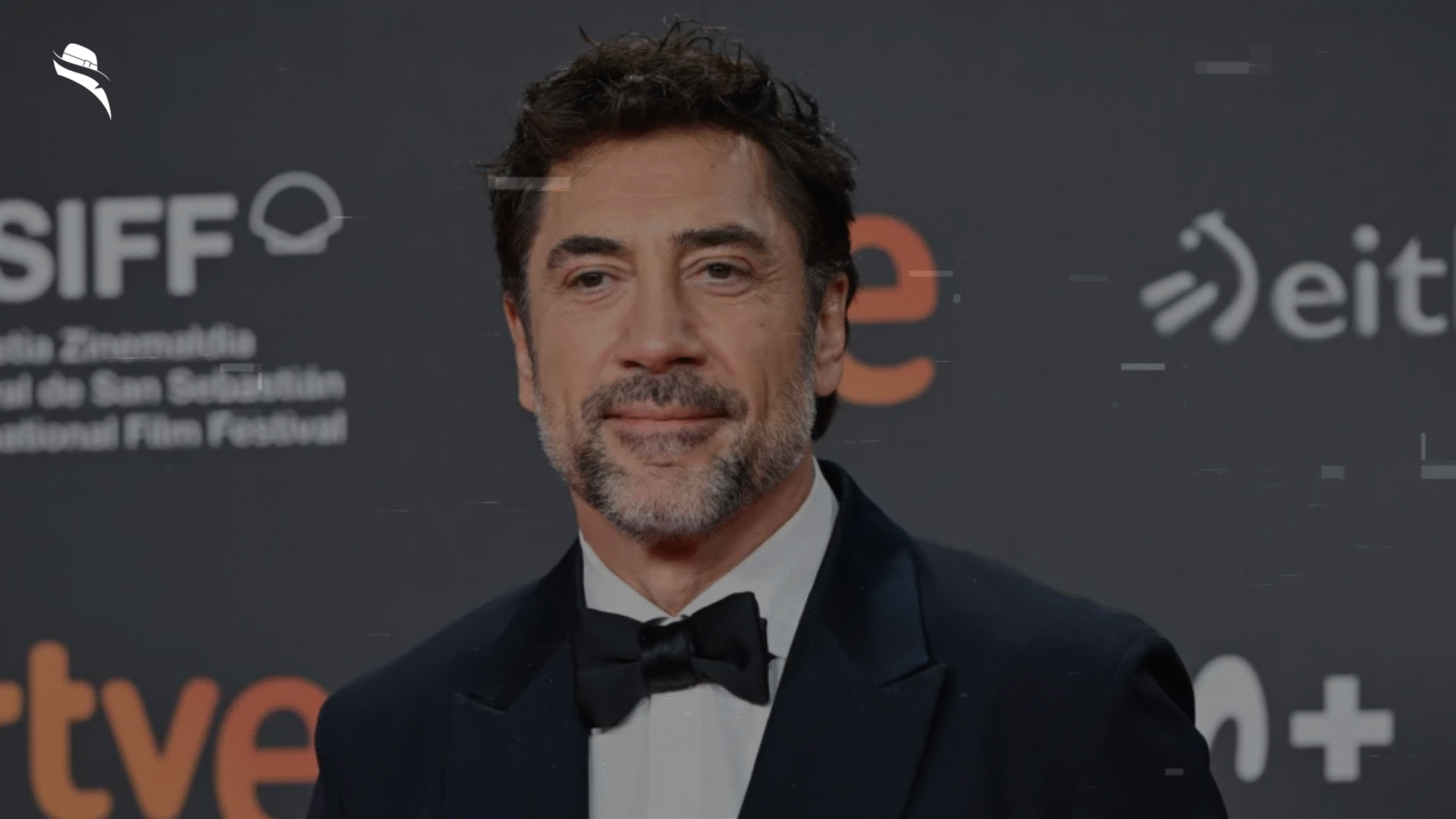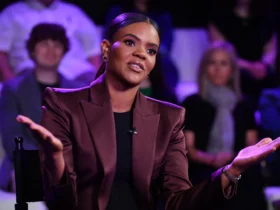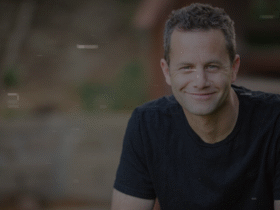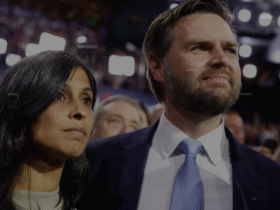Javier Bardem stance on Israel has become increasingly vocal amid the ongoing conflict that has killed over 62,100 Palestinians in Gaza since October 2023. The Oscar-winning actor has publicly criticized Israel’s military campaign, which has displaced the vast majority of Gaza’s 2.3 million residents and destroyed much of the impoverished territory.
Furthermore, Bardem’s support for Gaza has included characterizing the situation as a “genocide,” citing Holocaust survivors and experts in international law who have used similar terminology. His political views on the conflict acknowledge the tragedy of the October 7 attack that killed around 1,200 people, mostly civilians, while also highlighting the devastating humanitarian crisis that has followed. However, Bardem’s statements have generated both support and controversy in Hollywood and beyond, reflecting the deeply polarized nature of discussions surrounding the Israel-Gaza conflict.
This article examines Bardem’s comments on the Gaza situation, the humanitarian message behind his advocacy, the public response to his statements, and how his activism fits into his broader history of political engagement.
Javier Bardem’s Recent Comments on Gaza
In recent months, Javier Bardem has made several pointed statements regarding the Gaza conflict, positioning himself as an advocate for humanitarian concerns rather than purely political allegiances. His commentary has consistently emphasized a balanced perspective while calling for immediate action to address the suffering in the region.
Condemning violence from both Hamas and Israel
Bardem has been careful to denounce violence from all parties involved in the conflict. Unlike some celebrities who have taken more one-sided positions, the Spanish actor has explicitly condemned the October 7 Hamas attack while simultaneously criticizing Israel’s military response in Gaza. In his public statements, he has emphasized that civilian casualties on either side cannot be justified, regardless of political circumstances.
“Violence begets violence,” Bardem stated during a recent interview, expressing his belief that military escalation only perpetuates cycles of retaliation rather than moving toward resolution. He has consistently maintained that acknowledging Palestinian suffering does not equate to supporting terrorism or diminishing Israeli security concerns.
Call for a ceasefire and hostage release
Beyond mere condemnation, Bardem has actively advocated for concrete steps toward peace. Chief among these has been his repeated calls for an immediate ceasefire in Gaza. He has urged international leaders to prioritize humanitarian concerns over geopolitical interests, pointing to the mounting civilian death toll as evidence that current approaches are failing.
Additionally, the actor has been vocal about the need for the unconditional release of all hostages taken during the conflict. His position reflects a nuanced understanding that hostage-taking violates fundamental human rights principles, regardless of the broader political context.
Support for International Criminal Court involvement
Perhaps most controversially, Bardem has expressed support for the International Criminal Court investigation into potential war crimes committed during the conflict. He has emphasized that accountability must apply to all parties equally, without political exemptions.
“Justice must be blind,” he remarked during a panel discussion, “and international law exists precisely to ensure that powerful nations cannot act with impunity.” This stance aligns with his broader advocacy for the application of international humanitarian law in conflict zones around the world, including but not limited to the Israel-Gaza situation.
The Humanitarian Message Behind His Words
Beyond his political statements, Bardem’s commentary on the Gaza conflict reveals a deeply humanitarian philosophy centered on human dignity across borders.
Focus on peace, coexistence, and mutual respect
At the core of Bardem’s message lies a vision of peaceful coexistence. “The security and prosperity of Israel and the health and future of a free Palestine will only be possible through a culture of peace, coexistence, and respect,” he stated in an interview with the Associated Press. His advocacy stems from the belief that different approaches yield different results, emphasizing that peace must be actively built rather than merely wished for.
Bardem often references the powerful message from two bereaved fathers—one Israeli, one Palestinian—who lost their daughters to violence: “What happened to us is like nuclear energy. You can use it for more destruction. Or you can use it to bring light.” This metaphor encapsulates his philosophy that personal pain can be transformed into positive change. “That’s what it should be about: Building bridges, not digging graves,” he added.
Highlighting the trauma faced by children
Bardem specifically spotlights the suffering of children in Gaza. “We’re witnessing crimes against human rights, crimes under international law, such as the banning of food, water, medicines, electricity, using, as UNICEF says, war against children and the trauma that’s being created for generations,” he noted. According to reports he cited, over 16,456 children had been killed in Gaza as of August 2024.
Criticism of using antisemitism and Islamophobia as a deflection
Although Bardem acknowledges that antisemitism and Islamophobia are “real and serious problems,” he asserts these labels sometimes serve to “divert attention away from the legitimate right to criticize the actions of the Israeli government and of Hamas.” His mother taught him to treat all humans equally, a principle he applies to his humanitarian advocacy.
Backlash and Clarification in the Public Eye
The spotlight on Bardem’s political views has sparked considerable reaction across the entertainment industry. His stance on Israel and Gaza has placed him amid a contentious discourse that continues to shape Hollywood dynamics.
Hollywood’s divided response and #blockout2024
The Gaza conflict has created deep divisions in Hollywood, where supporting either Israel or Palestine has led to professional consequences. Many celebrities have faced backlash, bullying, and even job loss after expressing their views. Interestingly, even silence has proven problematic, with the #blockout2024 movement pressuring celebrities who hadn’t spoken out to take a position.
Clarifying his stance on antisemitism
In spite of criticism, Bardem has consistently addressed accusations of antisemitism head-on. “I am now being labeled by some as anti-Semitic, as is my wife, which is the antithesis of who we are as human beings,” he stated firmly. “We detest anti-Semitism as much as we detest the horrible and painful consequences of war.” He has emphasized that antisemitism accusations often serve to “divert attention away from the legitimate right to criticize the actions of the Israeli government.”
Statements from Bardem and Cruz after the 2014 letter
Prior to current controversies, Bardem and Cruz faced similar backlash after signing a 2014 open letter condemning Israel’s actions in Gaza. Consequently, both issued clarifications. Bardem’s statement, titled “Plea for Peace,” emphasized, “My signature was solely meant as a plea for peace. Destruction and hatred only generate more hatred and destruction.” This clarification came after actor Jon Voight accused them of “inciting anti-Semitism,” alongside reports of Hollywood executives vowing not to work with the couple again.
Personal Stories and Longstanding Activism
Bardem’s advocacy extends beyond public statements, rooted in profound personal connections that shape his political perspective. His voice on the Israel-Gaza conflict stems from genuine relationships with those directly affected by the ongoing tensions.
Friendship with Israeli and Palestinian fathers
Behind Bardem’s calls for peace lie meaningful friendships with Bassam Aramin and Rami Elhanan, members of the Israeli-Palestinian Bereaved Families Forum for Reconciliation and Peace. These fathers experienced unimaginable tragedy—Elhanan lost his 14-year-old daughter Smadar to a suicide bombing in Jerusalem, whereas Aramin’s 10-year-old daughter Abeer was killed by Israeli border police outside her school. Through their shared grief, they formed a powerful bond advocating for reconciliation instead of retaliation.
Past advocacy for Western Sahara and ocean protection
Long before the current Gaza conflict, Bardem championed other humanitarian causes. In 2011, he addressed the UN General Assembly’s decolonization committee concerning Western Sahara, subsequently producing the documentary “Sons of the Clouds” about the 165,000 Saharawi refugees living in Algerian camps. His environmental work includes speaking to the UN in 2019 regarding ocean protection.
Use of personal pain to promote reconciliation
The bereaved fathers shared a philosophy that resonates deeply with Bardem: “What happened to us is like nuclear energy. You can use it for more destruction, or you can use it to bring light”. This perspective reflects Bardem’s own approach—transforming suffering into positive action. “That’s what it should be about: Building bridges, not digging graves,” he emphasized. Moreover, these relationships illustrate how personal connections inform his broader political stances.
Curious about where other celebrities stand on major global issues? Explore more profiles here.
Final Thoughts
Despite widespread controversy, Javier Bardem remains steadfast in his stance on Israel-Gaza. His recent appearance on “The View” demonstrated his unwavering commitment as he shared, “I cannot express the pain that I, along with many millions of people there, suffer daily watching those horrible images of children being murdered and starving to death”. Indeed, this emotional statement led to the show quickly cutting to a commercial when he called the situation a “genocide”.
At the 2024 San Sebastian Film Festival, Bardem further emphasized his position while accepting the Donostia Award, stating, “I welcome [the award] with great joy, but I am not in the mood for celebrations. What has happened in Gaza is unacceptable, dehumanizing”. Throughout these appearances, he has consistently urged the United States and European countries to reconsider their “unconditional support” for Netanyahu’s government.
Yet beyond political criticism, Bardem’s core message remains focused on humanity itself. “The most important thing is to not lose humanity and really denounce when we have to denounce and who we have to denounce,” he stressed. This principle of maintaining moral clarity amid complex geopolitical situations exemplifies his approach to activism—balancing acknowledgment of suffering on all sides with calls for concrete action and accountability.
FAQs – Javier Bardem Stance on Israel
1. What is Javier Bardem’s position on the Israel-Gaza conflict?
Bardem condemns violence from all parties, denounces civilian casualties, and calls for an immediate ceasefire. He emphasizes humanitarian concerns and has described the situation in Gaza as a “genocide” while acknowledging the tragedy of the October 7 attack by Hamas.
2. Has Bardem criticized Israel specifically?
Yes. He has criticized Israel’s military campaign in Gaza for causing massive civilian casualties, displacement, and destruction of infrastructure. He frames his criticism as a humanitarian concern rather than a political attack.
3. Does Bardem acknowledge violence from Hamas?
Yes. He explicitly condemns the October 7 Hamas attack that killed around 1,200 people, mostly civilians, emphasizing that violence from any side is unacceptable.
4. What actions has Bardem advocated for?
He has called for:
-
An immediate ceasefire in Gaza
-
The unconditional release of hostages
-
International Criminal Court (ICC) investigations into potential war crimes applied equally to all parties
5. What is the humanitarian message behind Bardem’s statements?
Bardem stresses peace, coexistence, and respect, highlighting the trauma faced by children in Gaza and urging that personal suffering be transformed into positive action rather than retaliation.
6. Has Bardem faced backlash for his stance?
Yes. His comments have generated both support and controversy in Hollywood and beyond. He has been accused of antisemitism, which he strongly denies, clarifying that his criticism is directed at government actions, not Jewish people.
7. How does Bardem respond to accusations of antisemitism?
He emphasizes that he detests antisemitism as much as war itself, asserting that such accusations are often used to deflect from legitimate criticism of government actions.
8. What personal experiences influence Bardem’s activism?
He is close friends with Israeli and Palestinian bereaved fathers who advocate reconciliation after losing their children to violence. He draws inspiration from their philosophy of transforming suffering into constructive action.
9. What other causes has Bardem supported?
Bardem has previously advocated for Saharawi refugees in Western Sahara, environmental protection, and ocean conservation, demonstrating a long history of humanitarian activism beyond the Israel-Gaza conflict.
10. What is the overall principle guiding Bardem’s stance?
Bardem prioritizes maintaining humanity, moral clarity, and accountability, calling attention to suffering on all sides while urging concrete steps to end violence and protect civilians.







Leave a Reply